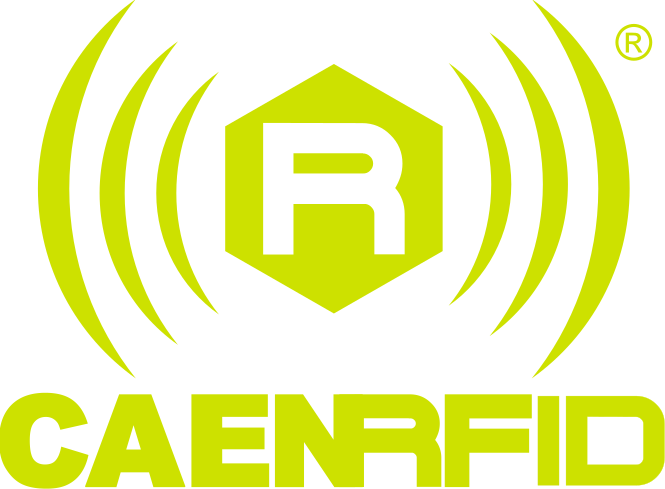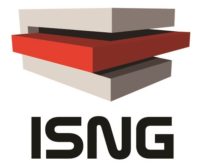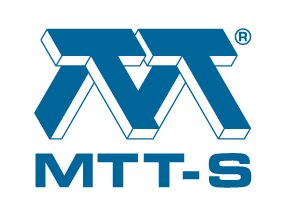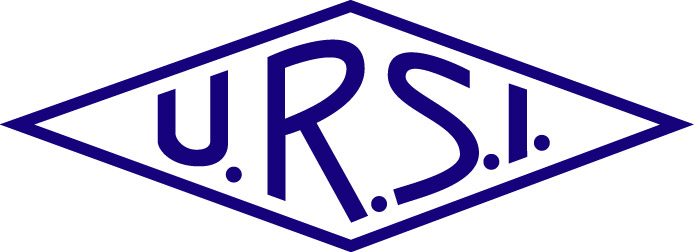Submissions
IEEE RFID-TA 2019 Technical Paper Submissions Will Open Soon
Special session proposals: March 31, 2019
Technical Papers: May 26, 2019
IEEE RFID-TA 2019 is an opportunity to share, discuss, and witness research results in all areas of RFID technologies and their applications. Presenting at the conference is the preeminent way to get publicity and coverage for high-quality work on RFID, IoT, and wireless sensors research. IEEE RFID-TA 2019 accepts paper submissions formatted in the IEEE conference style; please make sure to refer to the submission guidelines below. Those submitting papers receive an invitation to submit to the new Journal on RFID, which debuted in 2017. Accepted and presented papers at IEEE RFID-TA are read and cited worldwide. Accepted papers are chosen on these criteria (in order of importance):
- Originality
- Importance of the problem
- Technical merit
- Clarity
- Potential impact of results
Papers submission guidelines
- Papers will be reviewed in a single-blind review process.
- Papers must conform to the IEEE conference template
- Papers will be published if accepted and presented at the conference
- Submissions must be original and may not be under consideration elsewhere
- IEEE RFID will not tolerate scholarly misconduct in any form
- Cases of multiple publications and plagiarism will be handled according to IEEE policies and procedures.
- Accepted papers will have from 3 to max 6 pages, including references.
Authors of accepted papers will present their work in a paper track in a 20-minute time slot. Papers will be published in the IEEE RFID-TA 2019 conference proceedings and included in IEEE Xplore®. Accepted papers will also be submitted for indexing through EI Compendex, ScienceDirect, Scopus, Web of Knowledge, Thomson ISI, and IET Inspec.
Are you a leading expert in the RFID field? We welcome you to submit a special session proposal on highly relevant state-of-the-art topics. Please email a short proposal (one-page maximum, including title, short description and organizer(s) data) to the Technical Program Chair.
Topic Areas
- Antenna design and characterization
- Channel measurements and modeling
- Modeling, simulation and implementation of RFID-based systems
- MIMO, UWB and hybrid RFIDs
- Circuit design and characterization for readers and tags
- Active tags
- Smart and programmable tags
- Chipless RFID technology
- RFID manufacturing processes, 3D and inkjet printing
- Networking and communication concepts
- Coding and modulation schemes
- Multi-reader coordination and interference reduction
- RFID software, middleware and protocols
- Cybersecurity, cryptography and privacy-enhancing techniques, anti-counterfeiting
- Energy Harvesting and Wireless Power Transfer
- Near Field Communications
- RFID applications in healthcare, precision agriculture, transportation, safety,
security, inventory management, logistics, fashion, retail - Wearable and biomedical applications
- Green technologies for RFID
- RFID-based infrastructures for Internet of Things
- RFID for Industry 4.0
- RFID for Smart Cities
- RFID-enabled localization systems
- RFID sensors
- RF tomography and environmental sensing
- Millimetre-wave identification and sensing
- Next-generation RFID applications















